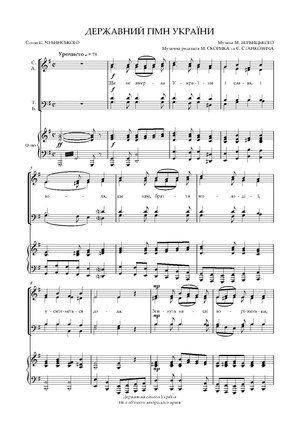

“I say to them, ‘Forget it guys, the party’s over.’ ” He tells Pumla that a group of white supremacists in a cell next to him wanted him to join their cause. Marsh convincingly moves between Eugene’s moments of contrition and his angry assertions that he’s being punished excessively while other equally culpable men go free.ĭuring their final encounter, a casual comment from Eugene shows both how far he has come and how deeply his evil acts have destroyed some part of his fundamental humanity.


He also confesses to remaining haunted day to day by some of the crimes he committed. He does, however, under Pumla’s mostly gentle questioning, come to an understanding of how he grew from an average man into a casual killer. Marsh’s although he breaks down in tears at one point, Eugene rarely invests his responses with any sharp feeling. Her face remains impassive even as Eugene recounts appalling acts.īut then for the most part so does Mr. Dumezweni’s Pumla radiates dignity and intelligence, and a fierce determination to probe as deeply into Eugene’s mind as she can. Marsh’s impeccable performances, under the direction of Jonathan Munby, ground the play in a vivid reality, so even the occasional awkward passage doesn’t detract from the emotional impact. “I find it hard to forgive when people say that a terrible disease like AIDS is a white people’s invention, or when they hold out nonsensical cures for it,” Pumla says.īut Ms. There is also, toward the end, a somewhat forced scene that refers to the scourge of AIDS in South Africa during the postapartheid era, and the government’s botched response. And the central theme, the mystery of the banality of evil, has been delved into many times before. It can at times feel like a dramatized history lesson, with passages devoted to infamous killings that will probably be unfamiliar to most in the audience. “A Human Being Died That Night” is dense with details about the violent chaos that marked the final years of apartheid. (“Look, I truly believed that rule by the black man was the one sure road to the destruction of the country,” he says.)
#A human being died that night free pdf plus
de Kock he was serving two life sentences plus 212 years for “political crimes.”ĭespite her revulsion at some of these stories, and the coolness with which Eugene describes them, Pumla persists in wanting to discover, as she puts it, “What leads a man who seems just like anyone else to commit acts that are abhorrent to most other people?” The process involves delving into Eugene’s unremarkable past: alcoholic father, extreme shyness in youth, radical indoctrination into the idea that blacks were the “enemy” during military training.
#A human being died that night free pdf series
Gobodo-Madikizela began a series of visits to Mr. He was given the nickname Prime Evil, and we learn that at the time Ms.

The other is Eugene de Kock (Matthew Marsh), the head of a covert counterterrorism unit responsible for the killing and torture of dozens, who became one of the most notorious of the men brought to trial. Gobodo-Madikizela, portrayed by Noma Dumezweni, is one of the two principal characters in the play, which is mainly set in a cell in Pretoria Central Prison. The commission was established after the end of apartheid in part to hold accountable the perpetrators of the violence used against participants in the anti-apartheid movement. This quietly gripping and superbly acted drama by Nicholas Wright, a Fugard Theater production at the Brooklyn Academy of Music through June 21, is adapted from the book by Pumla Gobodo-Madikizela, a psychologist who served on the Truth and Reconciliation Commission. The words are sober, almost clinical: “A Human Being Died That Night.” The play that bears this title, on the other hand, reveals in searing, sometimes heart-rending detail the atrocities committed by the South African police forces during the terrible years of apartheid.


 0 kommentar(er)
0 kommentar(er)
